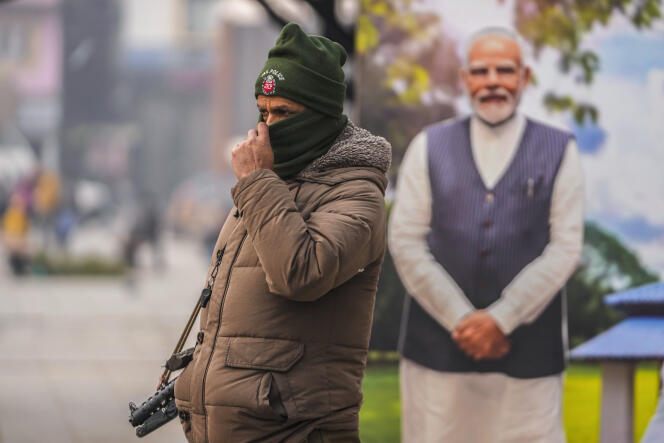India’s Supreme Court has upheld the decision made in 2019 to revoke the special status of Jammu and Kashmir. The court ruled that the Muslim-majority region should regain its state designation and hold local elections in the coming year. The Indian government, led by Prime Minister Narendra Modi and his Bharatiya Janata Party, argued that the revocation of Article 370, which granted significant autonomy to the region, was necessary to integrate Kashmir with the rest of the country. The Supreme Court determined that the imposition of direct rule in 2019 was lawful and temporary, meant to serve a transitional purpose during wartime conditions. The court instructed the Election Commission to hold polls in Jammu and Kashmir by September 2024. The region of Ladakh, which was formerly part of Jammu and Kashmir, was established as a separate territory. Some parts of the disputed region are claimed by both India and China. Prime Minister Modi praised the court’s verdict as a symbol of hope, progress, and unity, while Kashmiri politicians expressed disappointment but vowed to continue their struggle for dignity and honor. The repeal of Kashmir’s special status was one of Modi’s major campaign promises in the 2019 elections, and this court ruling comes ahead of his expected bid for a third term. Since the revocation, the Indian government has also been attempting to change the demographic composition of the Muslim-majority valley.
Supreme Court Upholds Revocation of Jammu and Kashmir’s Special Status, Orders State Restoration and Elections

